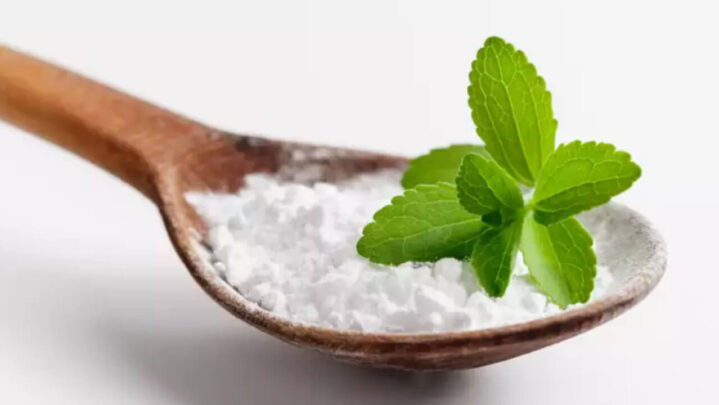Few alternatives to the South American-born stevia rebaudiana can compare to it when it comes to healthy sugar replacements. Steviol glycosides are the term given to the plant’s sweet ingredients by non-experts. The chemical is extracted from the plant’s leaves to make the sweetener, but stevia is now the recognized term for this sugar alternative. With its liquid and powdered forms, people often eat it in a few different ways. Listed below are a few justifications for why individuals believe it to be the best replacement for refined sugar.
Although stevia powder is widely used in baked products, condiments, and sauces, liquid stevia is primarily used in tea, coffee, smoothies, juices, and shakes. It is 200 times sweeter than sugar, and a little of it is all you need to sweeten dishes.
1.It benefits blood pressure management in one way.
The benefits of stevia in managing blood pressure have been shown in several studies. This has to do with Rebaudioside A as well as Stevioside, one of stevia’s sweet compounds.
2. A great sweetener alternative for diabetes
Since stevia doesn’t contain any carbohydrates, it doesn’t raise blood sugar levels. For those with Type 2 diabetes, substituting stevia for sugar is safer because of this.
3.It prevents weight growth.
Since stevia contains no calories, it is ideal for anybody trying to lose weight. A normal sweet drink with 32 g of sugar may have 130 calories simply from sugar, demonstrating how many calories are contained in sugar. You can reduce your calorie intake by drinking anything that has been sweetened with stevia.
4. Aids in preventing tooth decay
Since it contains no calories, there is no carbohydrate breakdown in the mouth, which is beneficial for the health of the teeth. Due to the lack of conversion of carbs into sugars, which would otherwise feed oral plaque, dental caries or tooth decay is delayed.
5. Prevents kidney cysts
Stevia has no harmful effects on the renal tubes or renal function when used in moderation. Steviol is a terrific addition to your diet since, according to some reports, it reduces the development of kidney cysts and can be utilized to treat polycystic kidney disease.
Also Read: A Guide To Staffing Manager Training





